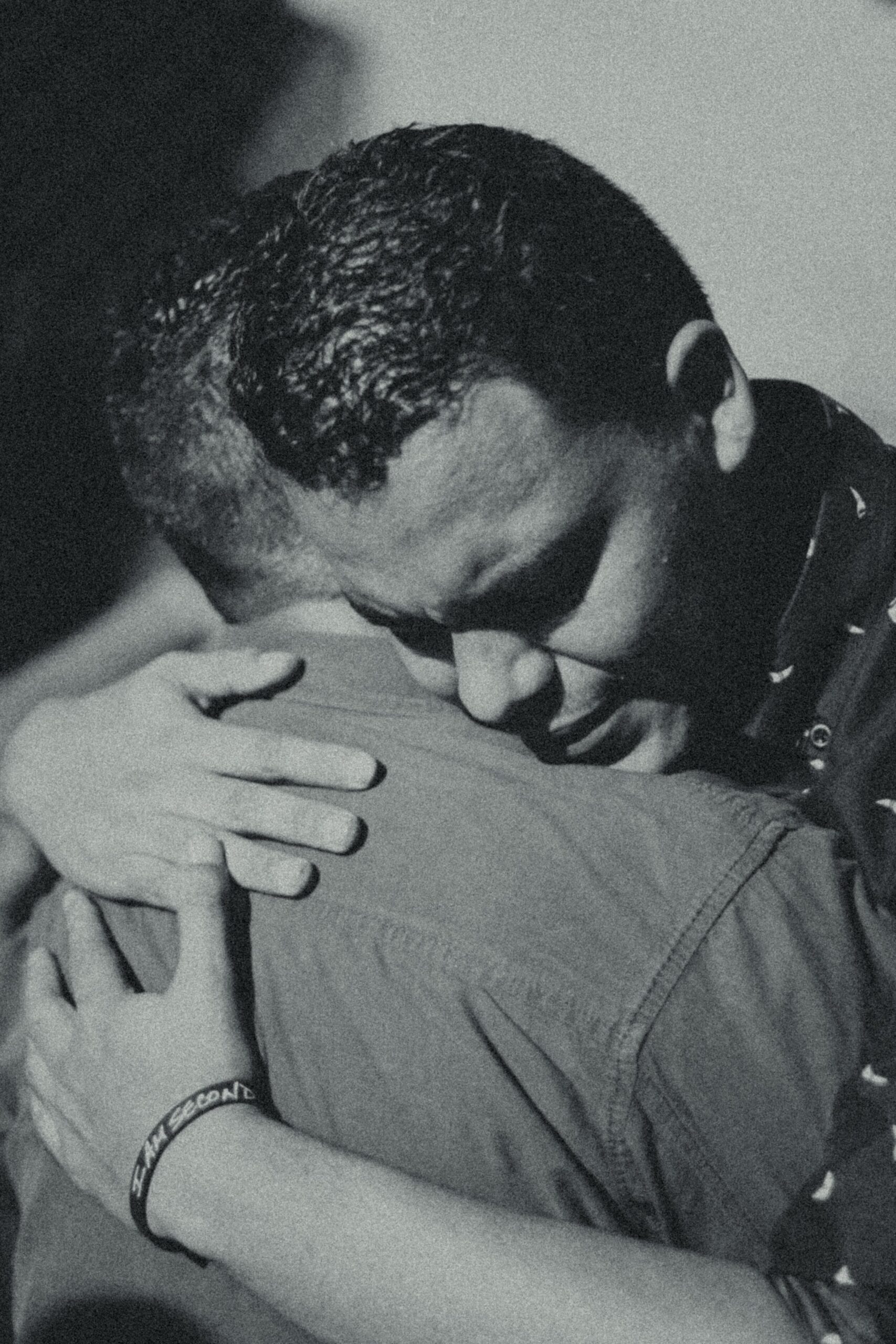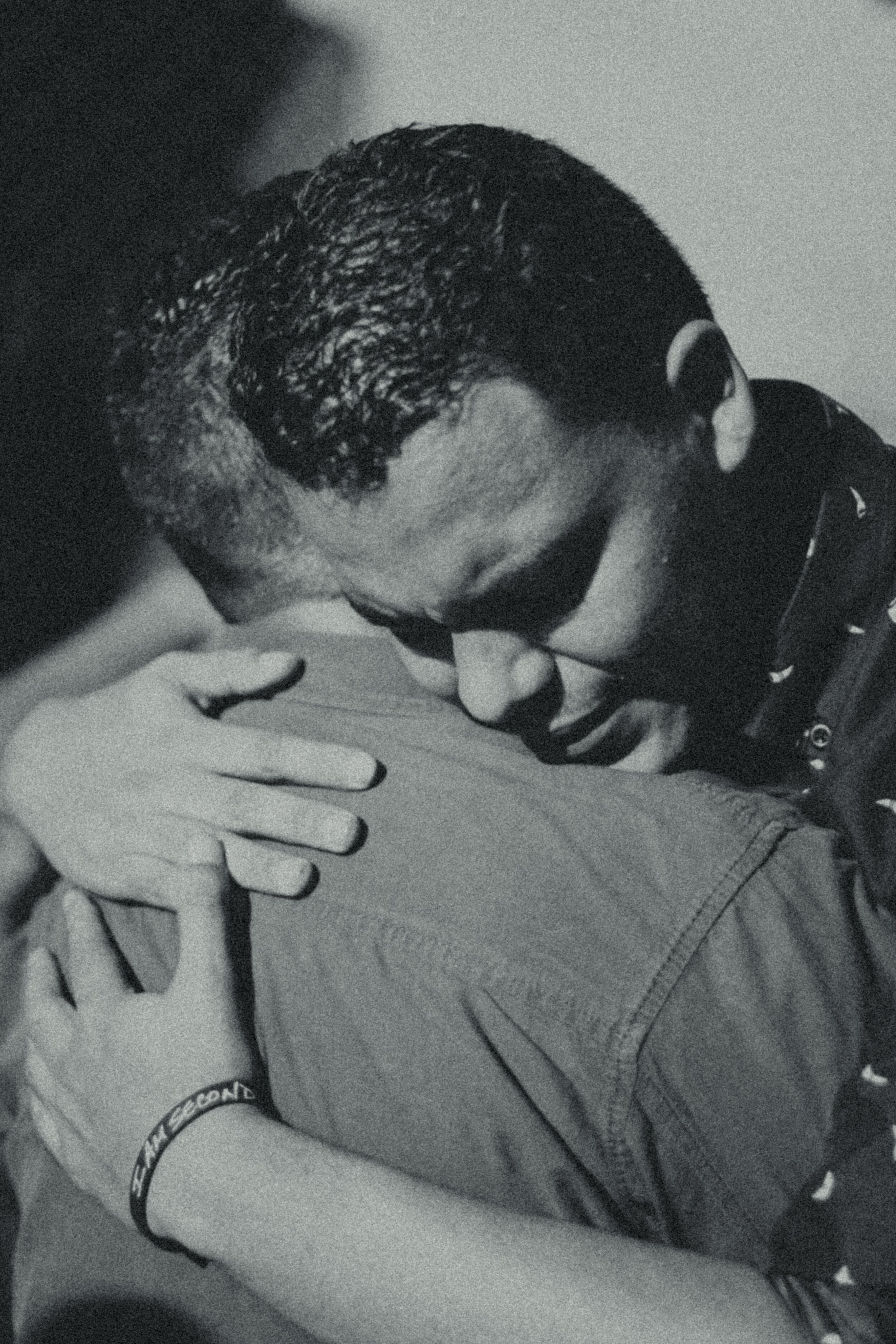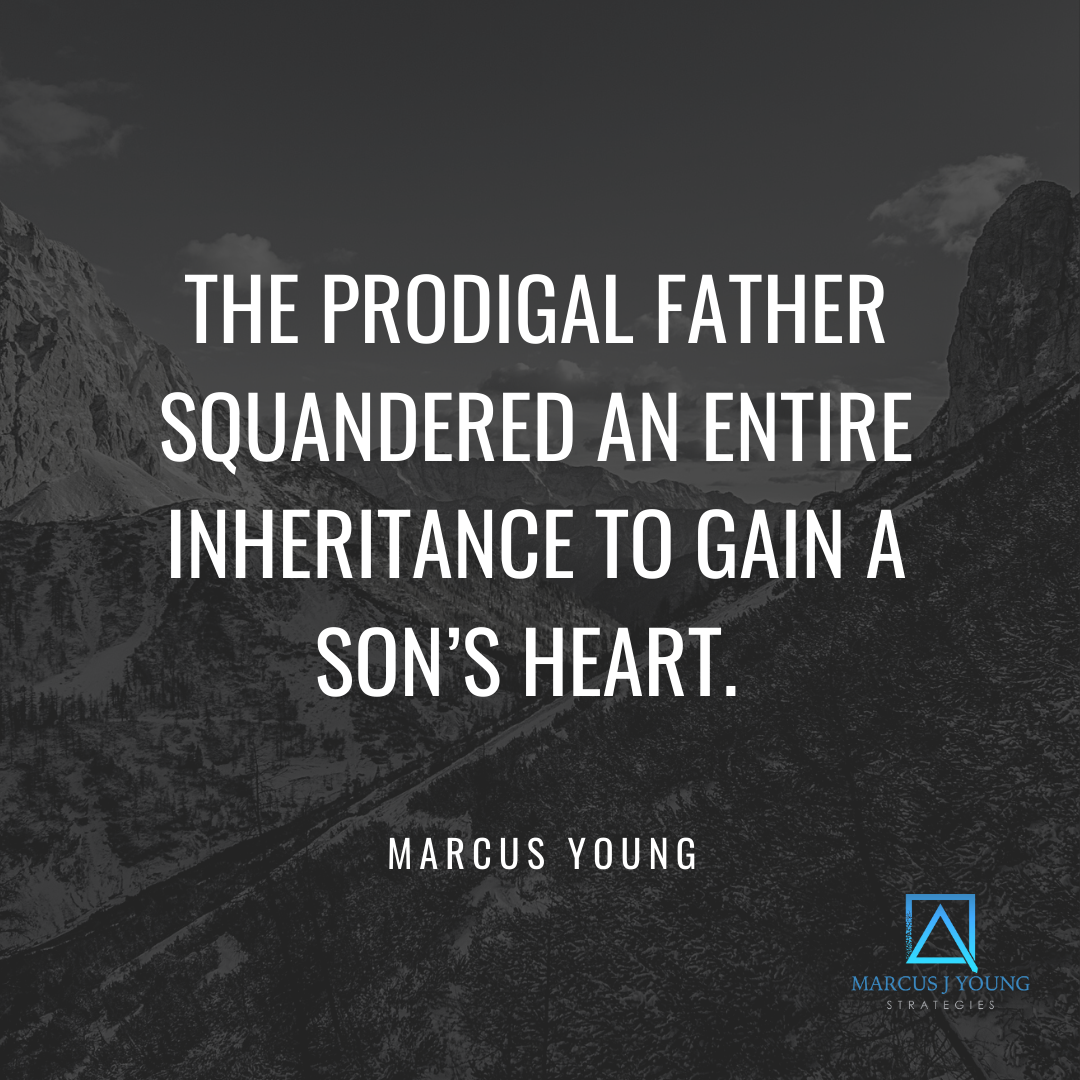Do you have a black sheep in the family? Is your heart breaking for one of your kids or a sibling you feel has wandered off the edge of no return? Or do you look at an entire generation like Gen Z or at a country like consumeristic America and get a feeling of prodigal overload?
The Black Eyed Peas’ song, “Generation Now,” contains lyrics like, “And I just can’t wait, I need it immediately and I just can’t wait, I want it immediately.” This is reminiscent of Jesus’ well known story prodigal son in Luke 15.
In the story, the younger of two sons says, “father give me my share of the inheritance” and shortly after this happens, the son converts it into cash and leaves the country. Jesus then tell how he lives recklessly right into a major recession (a famine) and he was in a bad place. The son takes on a low-class job feeding pigs, and wishes he could have some of the hog feed for himself.
In ancient Jewish terms, feeding swine was considered worse than working as a prostitute. Jewish sages pronounced curses on those who raise pigs and dogs. Jesus comments the boy longed to be fed with the pods the pigs ate. This insight could tie in with the Jewish proverb, “When Israelites are reduced to eating carob pods, they repent.” Or it could be taken at face value that this was pig food and food of some of the poorest classes.
The climax of the story for us ensues when the son realizes he has better options as a servant working for his dad and he begins the long journey home — “But while he was still a long way off, his father saw him and felt compassion, and ran and embraced him and kissed him (Luke 15:20).
How do we heal the prodigals, a “now generation” who live for the moment and disregard their future? Here is list of this things we can do to develop a personal posture that creates a magnetic attraction for prodigals we care about:
1. Watching as a posture of prayer.
-
The place of watching, waiting on God for them, loving from afar. We hold them up in our hearts to a good heavenly father.
-
Develop the skill of loving from afar.
2. Compassion as posture of our emotions.
-
Compassion is often an emotion that Jesus uses in stories to express God’s heart. Recall the Good Samaritan story
-
Compassion is often expressed regarding Jesus being moved to miracles. It’s a clue the Holy Spirit might be moving.
-
The word compassion in Greek (σπλαγχνίζομαι) means bowels, but refers to an inner gut wrenching displaying heart felt mercy.
-
Compassion in Aramaic (Racham) derives from the root word, womb. We could say as a mother’s love for the child in her womb.
3. Running as a posture of engaging.
-
We are not passive when we see a prodigal coming to us, we move fast when we have an opening.
-
Lose your dignity (use humility). It was likely culturally humiliating for the father to run like this.
4. Embracing as a posture of acceptance.
-
They have to see/feel this to understand they are loved.
-
No matter how great the sin. No matter how grievous the breach of trust.
5. Kissing as a posture intimacy.
-
Ask the question: what can you do that creates intimacy (openness to love) in the heart of a child or friend?
-
Drop your assumptions on what works.
6. Parties as a posture of celebration.
-
We celebrate the prodigal. Regardless of their mess. Regardless of complaints by others regarding the injustice of what they’ve done.
-
Earlier we read the proverbs that carob pods (the food of poverty) lead to repentance. This may be, but spiritual repentance comes from joy.
These six postures are powerful ways to woo a prodigal. To be more spiritually powerful than what you contend with, you must have a posture that is opposite from the opposition. In the story of the prodigal there is a 7th posture we don’t get directly from Luke 15:20.
7. Extravagance as a posture of faith.
This parable shows us a Father who would squander an entire inheritance to win a son or daughter. A prodigal (wasteful) Father gave all creation for us to enjoy and steward. How good are we doing with misusing that?! We have a God who squandered his uncreated firstborn son (Jesus) to redeem his created children (us). The Father will risk a lot to win a true son or daughter. In this story, the Father’s gamble pays off!
It’s important to end this out on joy like the parable does. Luke 15 gifts us with three “lost” stories. A lost sheep, lost coins and a lost son. All three stories end in massive parties. In Luke’s lost sheep story, the repentance is noted after the party. God’s kindness is meant to lead us to repentance (Romans 2:4). It is life giving joy over a lost one that should light a fire of repentance. Repentance is when the lightbulbs come on and we know God is madly for us. If you want to draw prodigals heart, practice joy!




